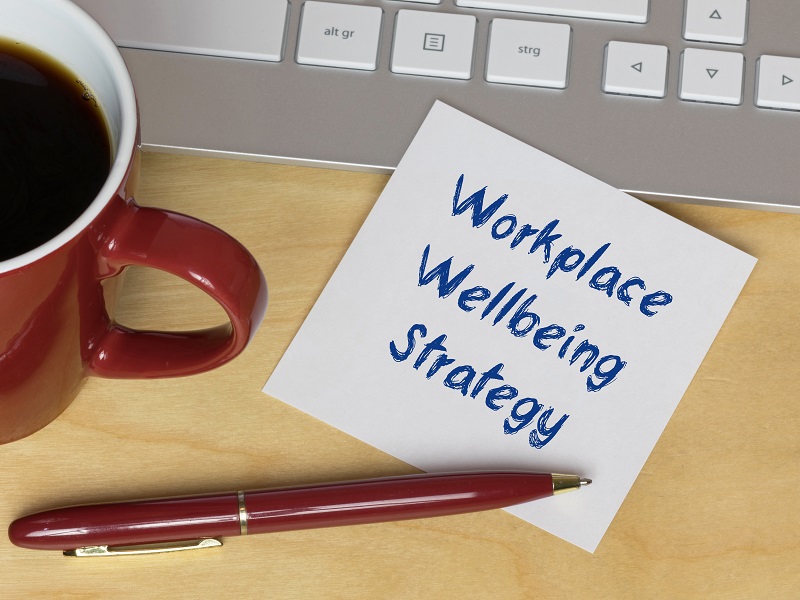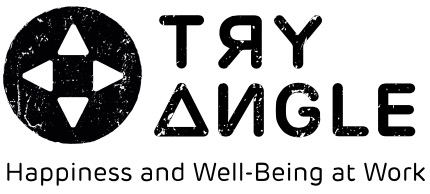PREVENTION STRESS AND BURN-OUT
Stress and increased work pressure can lead to reduced productivity (presenteeism) and absenteeism (burnout and other disorders). Working on well-being can only work when it can transcend the curative approach and all actors actively and preventively deal with well-being and stress-related complaints.
Tryangle supports organisations in implementing an efficient and hands-on well-being policy.

Well-being policy
A corporate well-being approach combines all the information and tools that companies can make available about vitality and healthy habits for body and mind. Tryangle helps understand and clarify what negative stress can do to employees, but also informs about recognising early signs and preventing worse.
We support companies and teams in the use of well-being tools (to prevent stress and burn-out, but also to improve the health, resilience and performance of teams) and also offer guidance in dealing constructively with absence and reintegration. Together, we design an appropriate action plan and, if necessary, a well-being policy to optimise well-being at work and make it sustainablye and effective.
A few options on how we support organisations and team leaders on well-bieng and vitality topics

A well-being policy that works: the secrets revealed
In this session, we make participants aware of the importance of an integrated wellbeing policy, outline the legal framework and offer inspiration and practical tools for strong, cohesive wellbeing initiatives for vital, engaged, healthy and productive employees

Identifying and addressing stress in the workplace
Prolonged unhealthy stress can lead to burnout and it is better to prevent this in your team. Both on an individual level and within a team or organisation, it is possible to recognise and acknowledge signs of toxic stress, make this negotiable and thus engage in primary and secondary prevention. And this is exactly what will be discussed in detail in this session.

Reintegration after prolonged absence
When employees are absent for a long period of time due to illness, it presents a lot of challenges for an organisation: How do we solve this internally or externally? How do you communicate with the absent person and the team? What does the law say? How to ensure a smooth return? This session provides clear guidance for a successful reintegration policy.

A strong attendance policy:
dealing constructively with absenteeism
Absence in the workplace leads to challenges in planning, productivity and costs, and can strain relationships. Therefore, a strong attendancea policy is essential. This training provides a theoretical-practical framework to develop your own approach based on preventive, reactive and curative measures.

The labour deal: digital de-connection
Digitisation brings many opportunities, but also unconsciously and unintentionally often brings stress, loss of concentration, exhaustion or blurring of boundaries between private and work life. In this training you will discover all about digistress, the importance of deconnecting and lots of tips for a healthy(er) use of digital tools.


